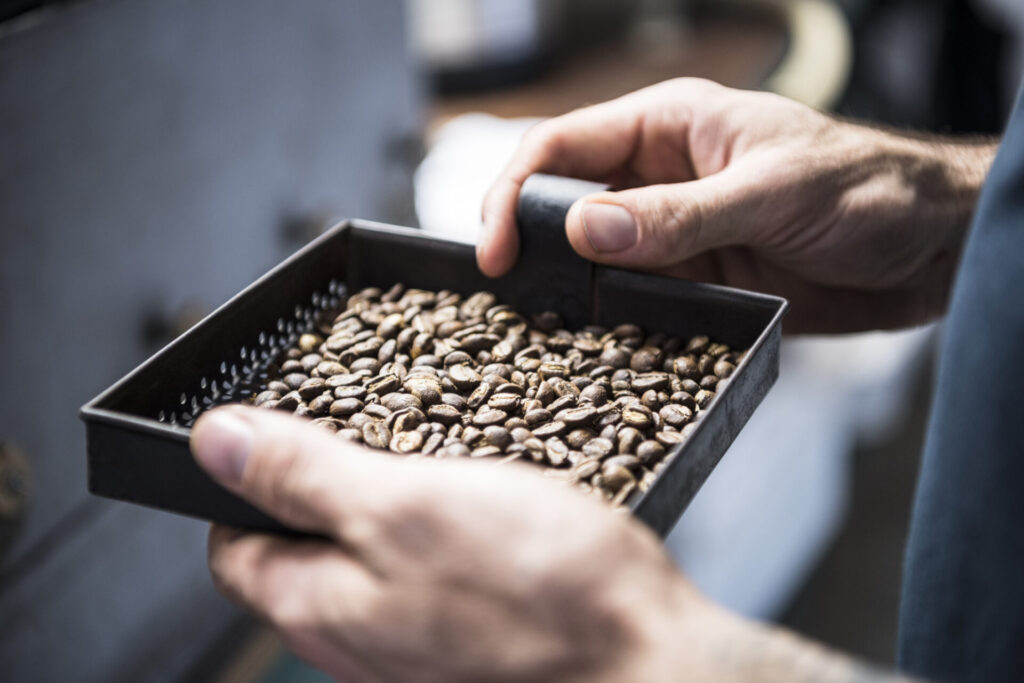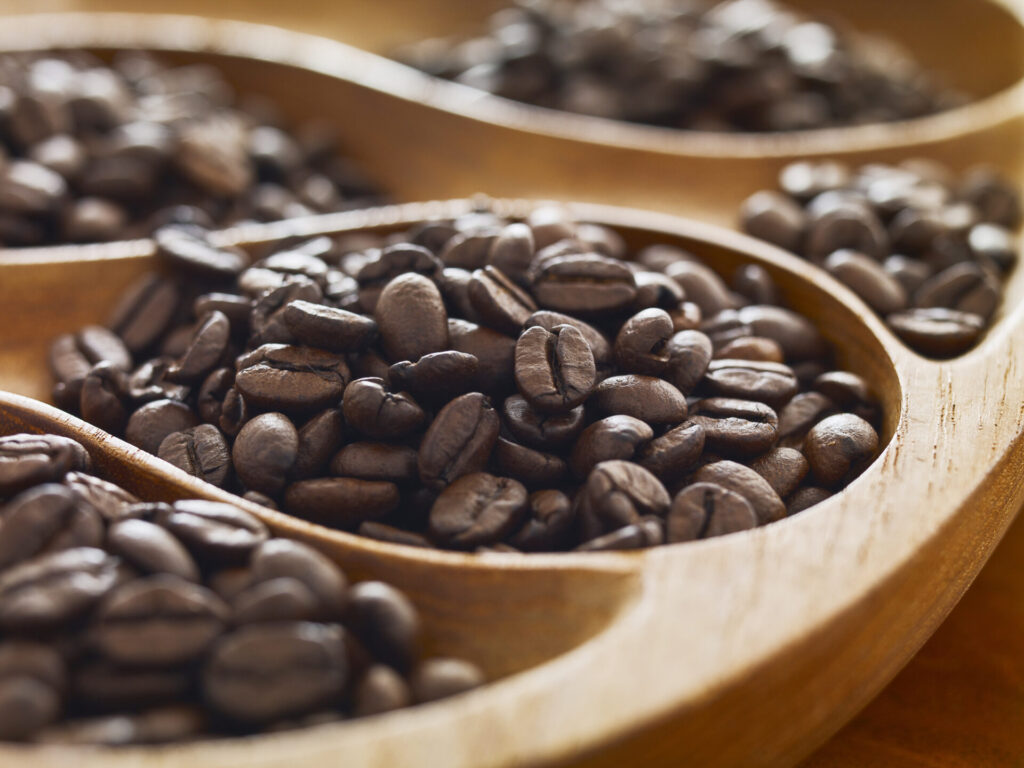Choosing the right coffee beans is a pretty delicate matter that requires meticulousness. Mainly because there are countless types of coffee beans and each has distinct features and characteristics. To enjoy a cup of delicious and quality coffee that is just right for you, then you better pay attention to the different characteristics and details of coffee beans. If you will be grinding your coffee beans at home, you need to choose according to the type of coffee you want to drink.
Then let’s discuss the points that should be paid attention to when choosing your coffee beans in detail!
Things To Consider When Choosing Coffee Beans

There are several points that you should keep in mind when choosing your coffee beans. You can find these points below:
1. Discovering The Types Of Coffee Beans
Coffee fruits are mostly grown in South-Central America and Africa, as well as in Asia. There are essentially four types of coffee beans; Arabica, Robusta, Liberica, and Excelsa.
The general characteristics of these beans are as follows:
- Arabica beans are the most often grown types of beans in the world. Generally locations such as Latin America, India, Indonesia are preferred to grow this type of beans. Being quite sensitive, Arabica beans are affected by other fruits and spices grown in near regions.
- Robusta beans also have a high growth percentage. They are usually grown in Brazil, West-Central Africa, and Southeast Asia. Containing 1.5 times more caffeine than Arabica beans, Robusta beans are often used in the production of instant coffee.
- Liberica beans are less common compared to Robusta and Arabica beans. This is because they are grown in a very limited region in The Philippines. Liberica beans have a quite smoky and distinct aroma. For this reason, they are not much preferred.
- Excelsa beans, classified as a sub-variety of Liberica beans, are usually grown in Southeast Asia. Due to their strong aroma, Excelsa beans are mostly used to enrich the flavor of coffee blends.
Guatemala, Colombia, or Ethiopia coffees which we see very often on the market are typically produced from these beans. Keep in mind these differences while choosing your coffee beans!
2. Watch Out For The Roasting Levels
In fact, the one and only criteria in choosing coffee beans is your palate. Similarly, roasting levels of the coffee beans are directly related to how you like your coffee.
- Light Roast: If you like your coffee with some sourness, you can prefer light roast beans. As you might expect, light roast beans will have a light color.
- Medium Roast: If you like single-origin coffee (coffee grown within a single known geographic origin) with intense flavor, the medium roast will hit the spot. For instance, Colombia or Kenya beans will reveal their aromas very well when medium roasted.
- Dark Roast: If you like bitter and acrid flavors, you should definitely try dark roast coffee. The dark roast will heavily reduce the aroma of the coffee beans, which results in a more bitter coffee taste.
- Blend Coffees: Blend coffees contain coffee beans that are roasted differently. This gives the blend coffees a rich taste and several aromas. Blend coffees are generally preferred by people who take their coffee with milk.
What Type Of Beans Are Used For Turkish Coffee?

Even though Turkish coffee is known as a type of coffee unique to Turkey, it actually contains coffee beans from different regions. Originally, Turkish coffee was made with Arabica beans. Nowadays Rio Minas beans from Brazil with a sour and bitter aroma are used in the production of Turkish coffee.
If you want to grind your own beans using mortar or a coffee bean grinder to prepare yourself delicious Turkish coffee at home, you can use coffee beans from Ethiopia, Colombia, and Yemen, which can be easily found on the market. If you need some tips as to how to prepare the perfect Turkish coffee step by step, you can check our “An Authentic Method: How To Cook Classical Turkish Coffee? What Do You Need?’’article.
Enjoy!






